What happens with dairy farm development very much depends on borrowing money.
Medium- to long-term plans are put in place by the farmer as capital development takes years to do.
What cows can be milked, what milk supply can be sold and what stock can be sold very much ties in with a business plan and what the repayment capacity for any borrowing is.
That’s why when there is any change to the goalposts to reduce milk supply or output, it can have big consequences on the farm business.
Coming off the brakes
This year in Ireland, we have seen the brakes that were imposed last year on some dairy farms come off already, as milk supply is back.
Glanbia and Strathroy have pulled back on restrictions or two-tier pricing that they had planned on introducing.
Some farmers sold stock and now they can’t produce more milk when it is needed.
You can’t assume farmers are going to do what they have always done
This very much highlights why any change to a production system must be gradual and over a period of years.
You can’t assume farmers are going to do what they have always done and things change as the cost of doing business changes. This year, we have seen a fundamental change in the cost of farming in Ireland.
Dutch double
The same issue is now happening in the Netherlands. Last week, the Dutch minister for nitrogen suggested that there needs to be big structural change on some farms to the extent of reducing livestock numbers considerably. Farmers will protest in the streets next week.
Next, you would expect Rabobank will tighten the reins on financing. The Dutch are highly borrowed relative to Irish farmers.
There were some rumours that Rabobank would stop financing some farmers.
Rabobank has not commented officially on the matter just yet, but I assume it is going through the same issues that farmers are going through - trying to establish what makes sense from an environmental and sustainable business perspective.
There is a real need for caution from politicians, law makers and businesses to make careful change when fundamental changes are being suggested that impact on farm family livelihoods up and down the country.




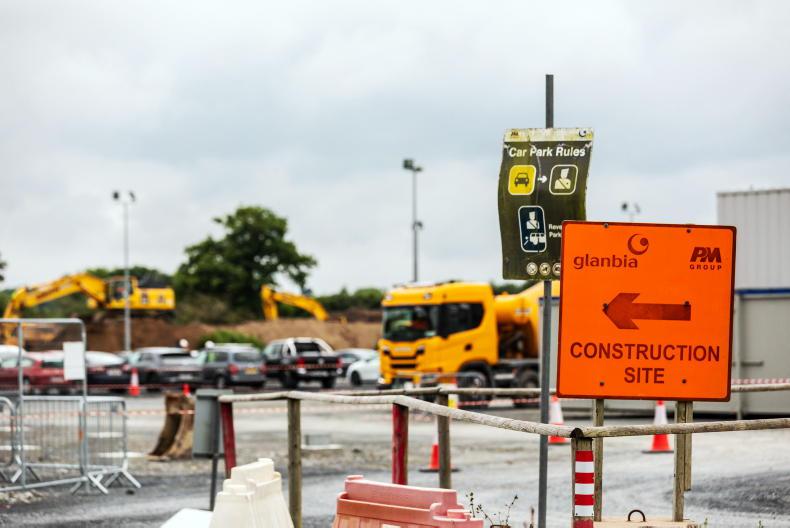
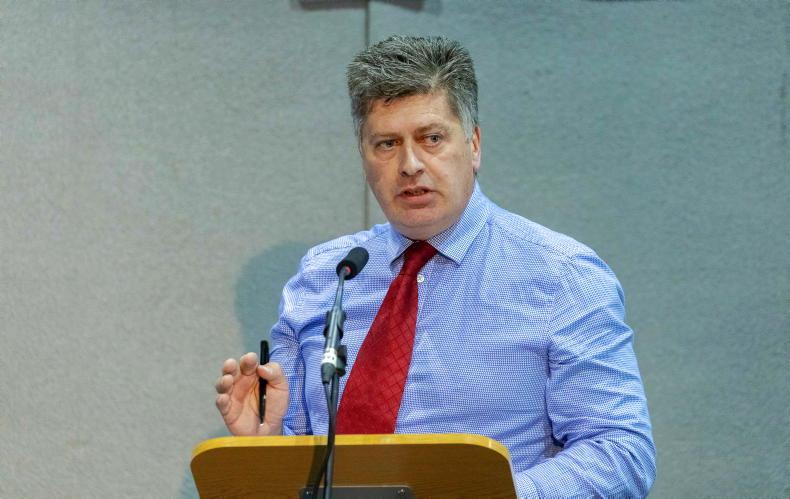
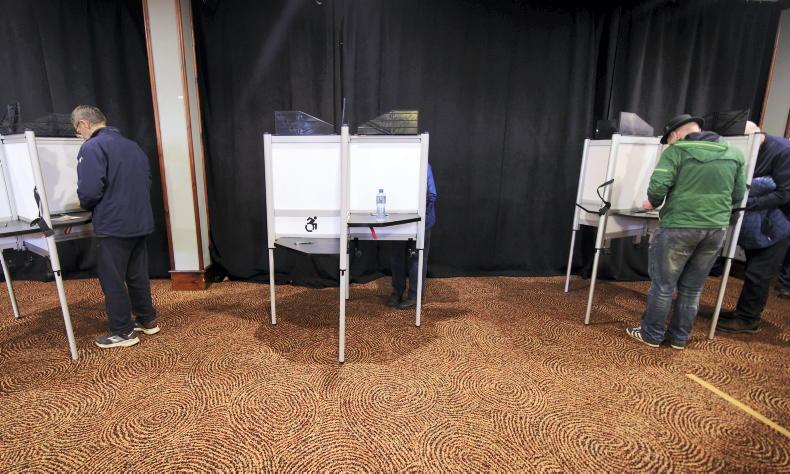
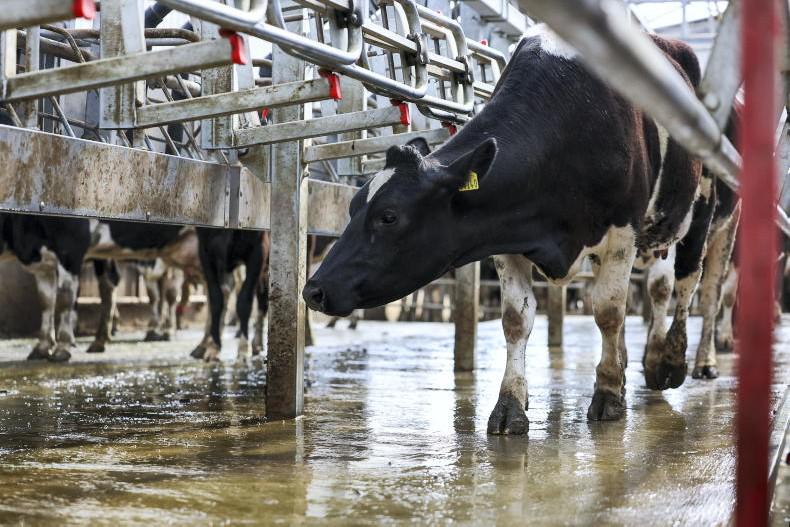
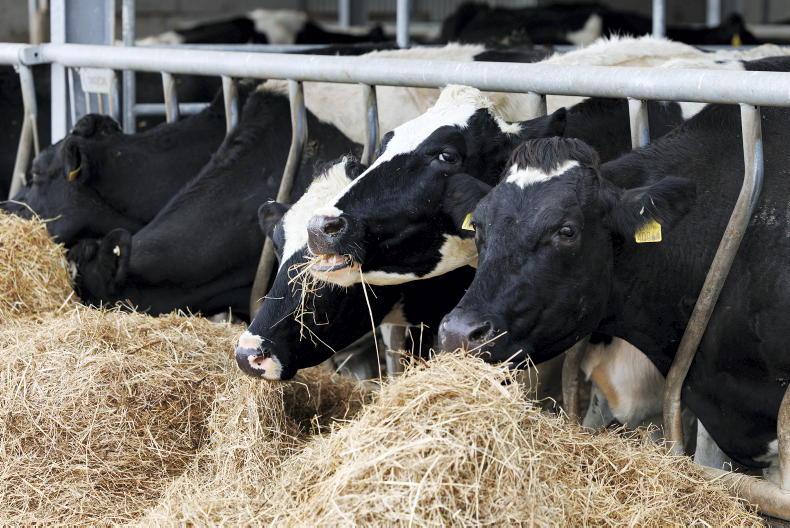
SHARING OPTIONS